NFT Case Study
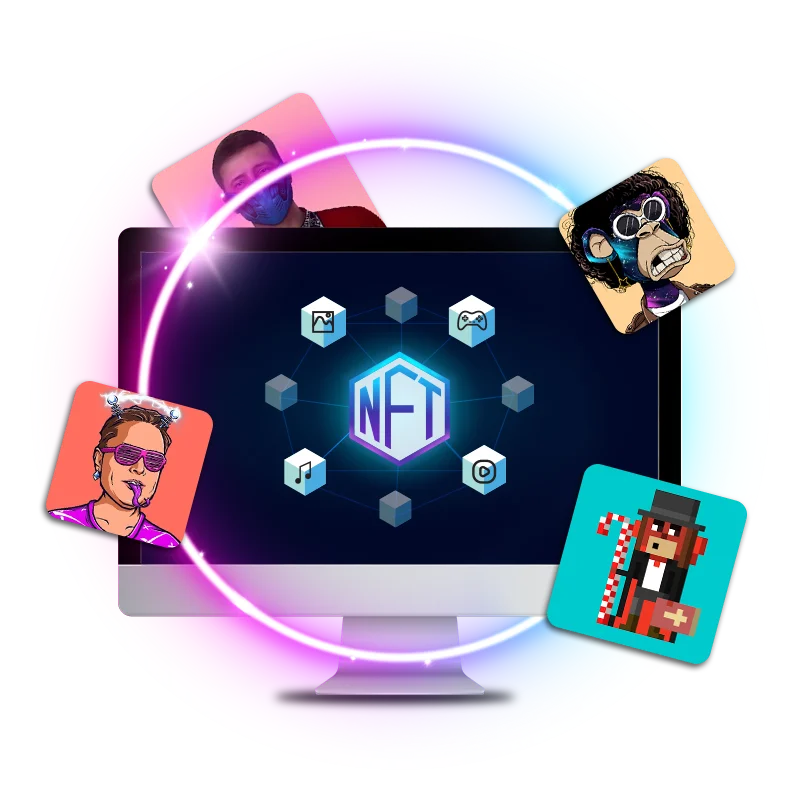
Introduction
This is not investment advice. Before buying any NFTs, ensure you DYOR (do your own research).
Uses
used for a wide range of purposes in the digital world, particularly because they leverage blockchain technology to prove ownership and provenance of unique digital assets. Here are some of the most common uses:
- Digital Art
- Collectibles
- Gaming
- Virtual Real Estate
- Tokenizing Real-world Assets Music and Videos Identity Verification
- Music and Videos
- Identity Verification
Importance
NFTs have gained significant attention due to their potential to revolutionize various industries, particularly in the digital real. Here are several reasons why NFTs are important:
- Interoperability
- Programmability
- Ownership and Provenance
- Fractional Ownership
- Monetization of Digital Assets
- Intellectual Property Rights
Potential Services
The potential services your NFT marketplace development company could provide.
Blockchain Integration
Your team can provide blockchain integration services, using platforms like Ethereum, Binance Smart Chain, or Flow, which are commonly used for NFT transactions.
Wallet Integration
In order to buy and sell NFTs, users need to have a crypto wallet. Your team can integrate different types of wallets, including MetaMask, Trust Wallet, or others according to the Client’s Requirements.
Custom NFT Marketplace Development
Your team can provide end-to-end development of custom NFT marketplaces tailored to the specific needs and requirements of clients. This could include features like bidding systems, buying/selling functionalities, and easy-to-use listing options.
Security Solutions
Security is of paramount importance in NFT marketplaces due to the value of the assets being traded. Your team could provide top-tier security solutions, including encryption, two-factor authentication, and regular security audits.
Marketing and SEO Services
Smart Contract Development
Smart contracts are integral to any NFT marketplace. Your team can develop secure and efficient smart contracts to automate the process of buying, selling, and trading NFTs on the marketplace.
Pre-built NFT Products
you can have a Wide Range of NFT products ready for deployment, customized to fit the specific needs of various businesses and industries.

NFT Marketplace for Real Estate
This platform could facilitate the tokenization, purchase, and trading of virtual and physical real estate properties as NFTs.

NFT Gaming Platform
A marketplace for trading in-game assets tokenized as NFTs. This could include characters, equipment, skins, and more. It could be integrated with popular gaming blockchains like Enjin.

NFT Platform for Collectibles
An NFT marketplace for various digital collectibles like virtual pets, sports cards, etc., which can be bought, sold, and traded.

NFT Intellectual Property Marketplace
A platform for tokenizing and trading IP rights. This could be used by writers, inventors, and other creators to sell their ideas and earn royalties.

NFT Marketplace for Music
A platform for musicians and fans, enabling tokenization of songs, albums, and even concert tickets. Features could include streaming, direct purchasing, royalties collection, and more.
The Challenge
The Primary challenge faced the complex nature of NFTs and the technology behind them, such as blockchain and smart contracts. Additionally, they needed to ensure high security measures due to the potentially high value of digital assets transacted on the marketplace. Lastly, they faced the challenge of creating an intuitive, user-friendly interface that could cater to both newbies and experienced NFT traders.
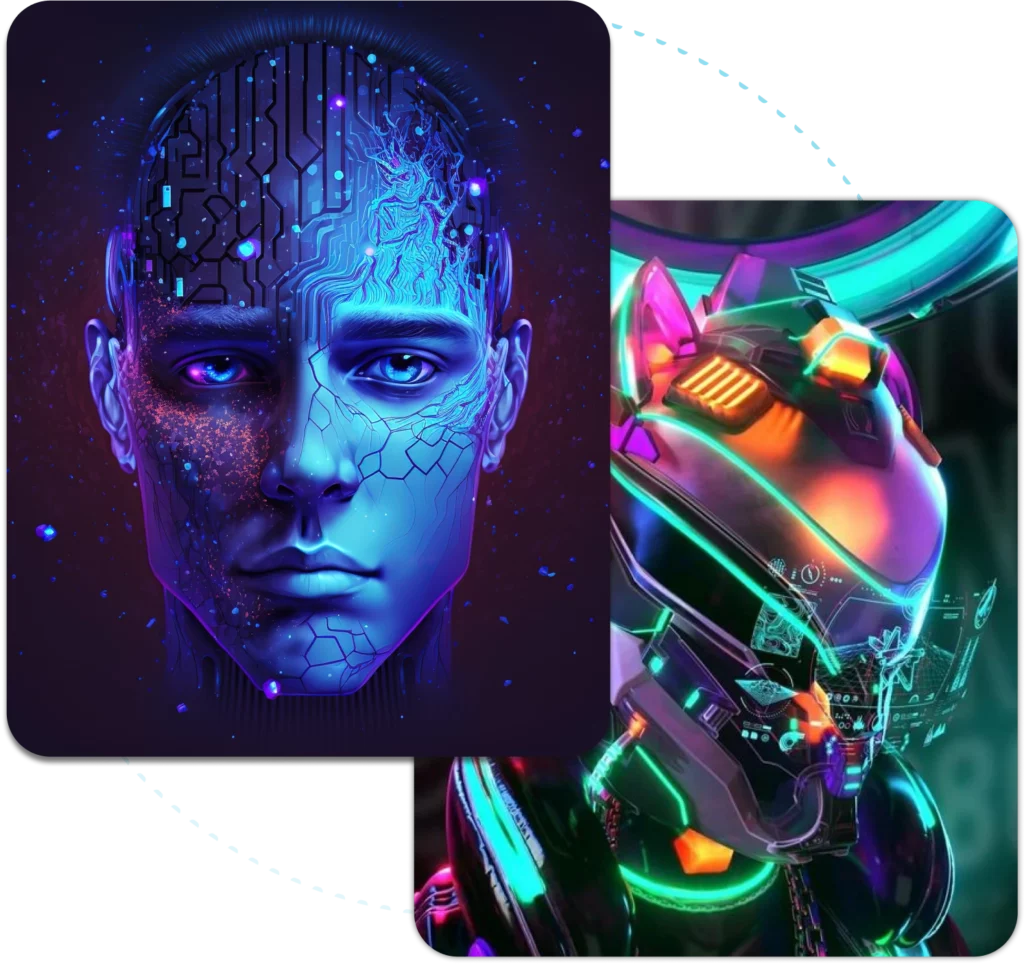
The Solution
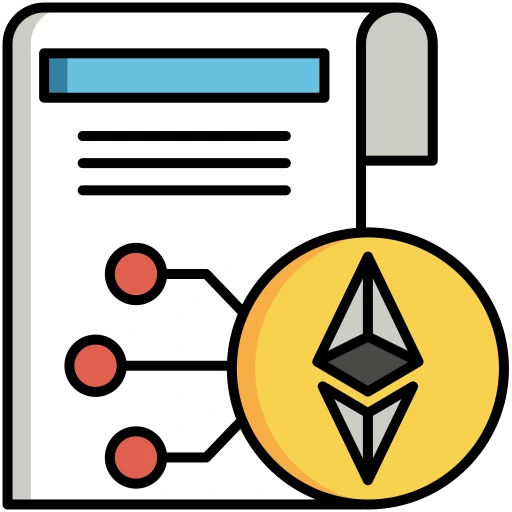
Blockchain and Smart Contracts
The team developed a robust blockchain platform to underpin the marketplace, ensuring that each NFT could be securely and transparently traded. They utilized Ethereum blockchain for this purpose due to its established history with NFTs and wide acceptance in the crypto community.
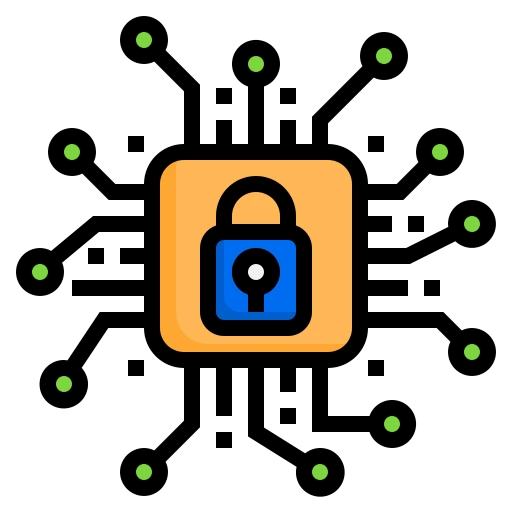
Security
A high level of security was implemented to protect users' digital assets. This included two-factor authentication, encryption of sensitive data, and regular security audits to prevent potential breaches.
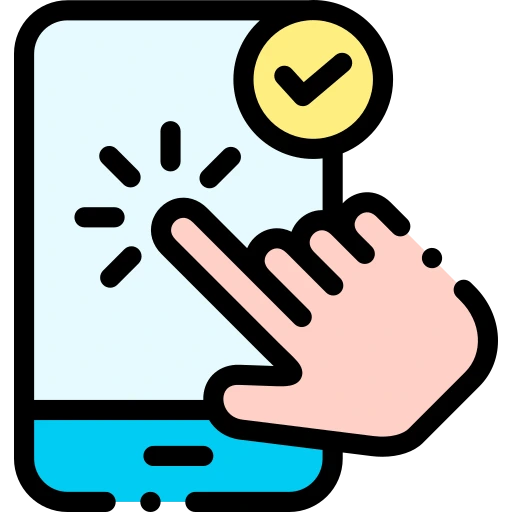
User Experience
The UX/UI team designed an intuitive interface that could cater to users of all experience levels. They implemented features like simple listing of NFTs, efficient search and filter options, and easy-to-understand transaction processes.






